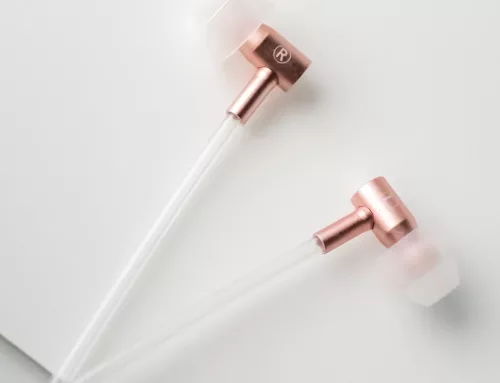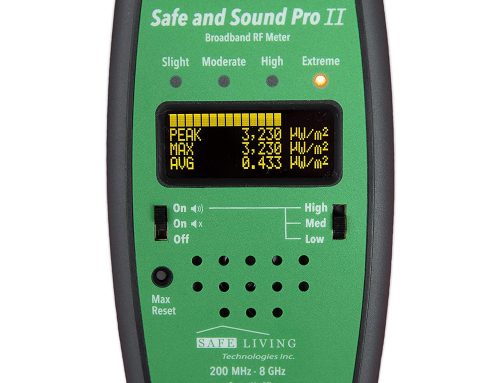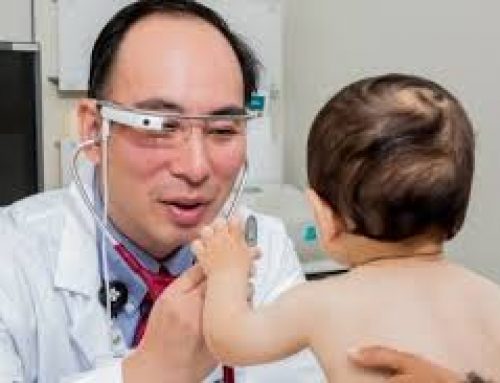It was called…
Healthy Connections in the Digital Age. The keynote speaker was Dr. Catherine Steiner-Adair Ed.D. There were 1500 people there and the auditorium was packed, so clearly it’s a topic that people care about.
Dr. Steiner-Adair spoke about the social, emotional, and psychological impacts of our devices and made recommendations for how to use our technology wisely.
Of course, I have to ask “What about the potential biological harm (in the form of wireless radiation) from our devices?”
Her talk would have been even more compelling if it included the concept of biological harm, but she covered a lot of ground as it was.
Here are some highlights:
We are a test generation
Smartphones have been around for less than a decade. We are a test generation for the effects of our devices on our relationships and on our lives.
Our technology breaks down healthy boundaries in our lives
- The line between home and school disappears for kids (i.e. they don’t get a break from drama at school because it continues on their phones).
- The line between work and home disappears for adults (who don’t get a break from the office) because we now have 24/7 access to work and email.
Our smartphones shape our identity
If you check your phone immediately upon waking in the morning; the news, email, and information that you receive shapes your perspective for the day. Your identity is shaped by the content on your phone. Your identity is projected upon you instead of being determined by you.
Our children model our behavior
Adults are consumed by their phones, so our children model our behavior and assume that it’s okay.
Our conversation skills erode
Texting is great from a low-EMF perspective as it keeps your phone away from your head. However, you lose two very important elements of conversation: eye contact and tone of voice. People forget how to have meaningful face-to-face conversations.
We spend SO much time on our phones
Middle-schoolers spend approximately 2-5 hours/day on screen time (for non-academic purposes). In high school, teens spend up to 9 hours/day on screen time (for non-academic purposes). That’s more than they sleep. And ideally, teens need 9.25 hours of sleep a night.
Our children feel excluded by their peers
When a child doesn’t get invited to a party, access to social media means they find out about it.
Perhaps you shouldn’t give your child a smartphone?
Interestingly, parents who are very restrictive and allow no phone access don’t fare much better. Dr. Steiner-Adair told the story of a father (a teacher) who discovered that his son was sexting from his phone and both ended up in serious trouble.
What about you? How connected are you to your phone?
- When you wake up in the morning, do you roll toward your partner or toward your phone?
- Do you reach for your phone first thing in the morning? See if you can break the habit.
There is a bright side. Studies show that 80-90% of children use their access to technology for good, like help with homework. It’s the other 20% that we need to monitor, to create boundaries for our children so that they don’t access inappropriate content.
The top 4 tips for healthy tech habits:
- Incorporate more “PDF” (play time, down time, free time) into your life.
- Try a one minute meditation: unplug, close your eyes, and take in your surroundings.
- No bluetooth or texting while driving: it’s a great opportunity to converse with your kids.
- Know your kids: work hard at it, develop strong relationships with each other, so that your children know they can come to you for anything.
Her book is called The Big Disconnect: Protecting Childhood and Family Relationships in the Digital Age. I just ordered my copy and I can’t wait to read it.
How do you find balance with your phone, for yourself and for your children? I’d love to hear from you!





